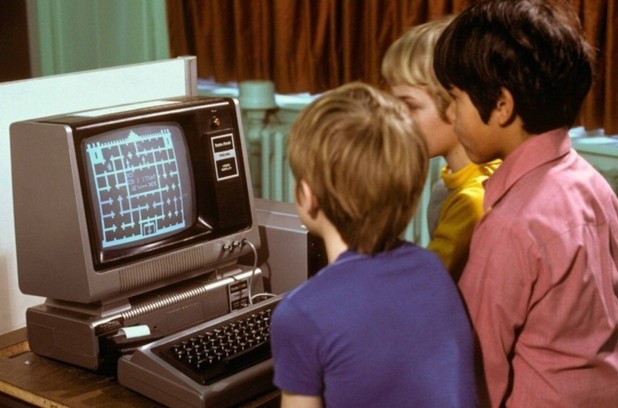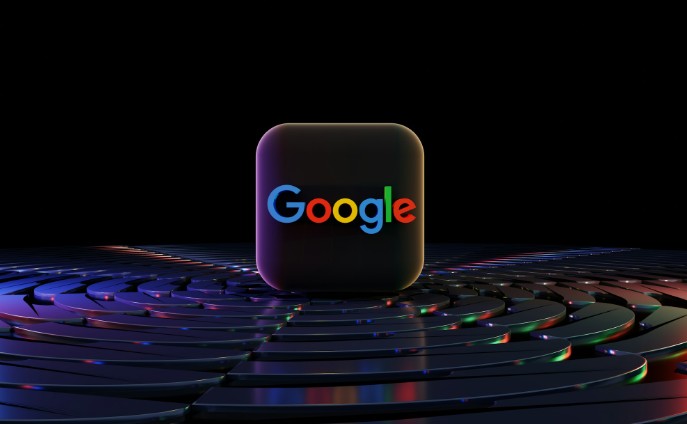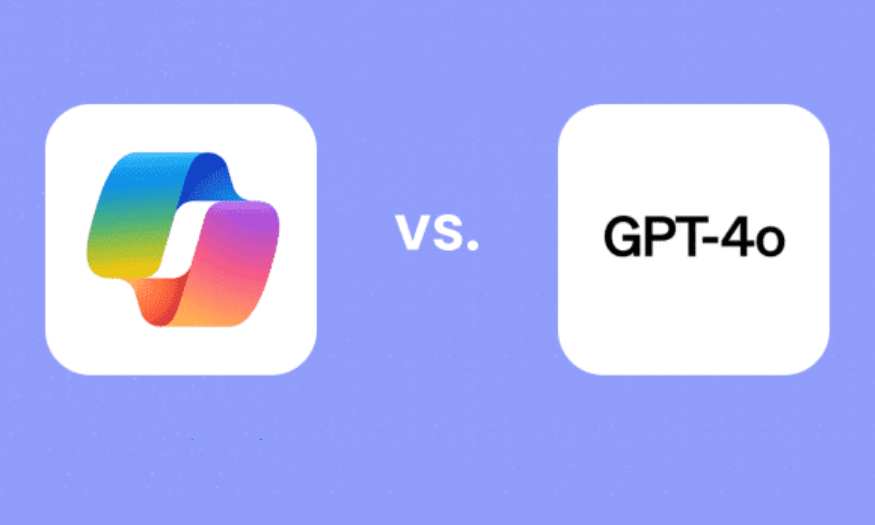Best Selling Products
Upgrading iPhone for "Unbearable" Reasons: A True Story Like a Joke in the Technology Era
Nội dung
Not AI or camera, this is the real reason why users "upgrade" to iPhone.
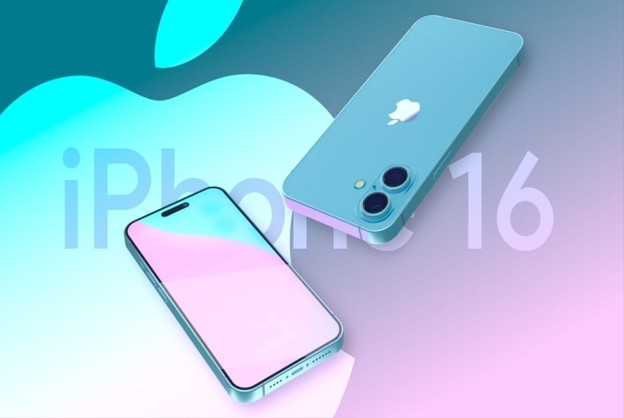
For many years, each new iPhone launch was considered a “global event” with huge appeal from both users and the technology industry. Long lines of people waiting to buy iPhones used to be a symbol of Apple’s success. However, the current picture has changed a lot.
With AI becoming a hot keyword, many people believe that improvements related to artificial intelligence or top-notch camera upgrades will be the main reasons why users will have to open their wallets. But a new study from Consumer Intelligence Research Partners (CIRP) has revealed a much less glamorous reality: most users only upgrade their iPhones because... they have no choice. Let 's join SaDesign in "exposing" the truth behind this consumer behavior to help us better understand the real drivers that are dominating the high-end smartphone market, as well as the opportunities ahead for Apple if it wants to create a new revolution.
1. Upgrade because it's "must" not because it's "attractive"
Not AI, not camera, but… broken battery and broken screen
According to CIRP's latest report, up to 67% of iPhone users upgrade their devices not because they "want to", but because they "have to". Specifically:
- 40% of survey respondents said they upgraded because their old device was slow, had a degraded battery, or had hardware problems (like a cracked screen, touch error, etc.).
- 27% said they replaced their iPhone because it was lost, damaged beyond repair, or the cost of repair was almost equal to… buying a new one.
This points to an interesting fact: very few people are actually “excited” to wait for the new iPhone because of flashy features like AI, cameras, or superior processing performance. People still love iPhones, but their attachment is increasingly “utility” rather than “passion.”
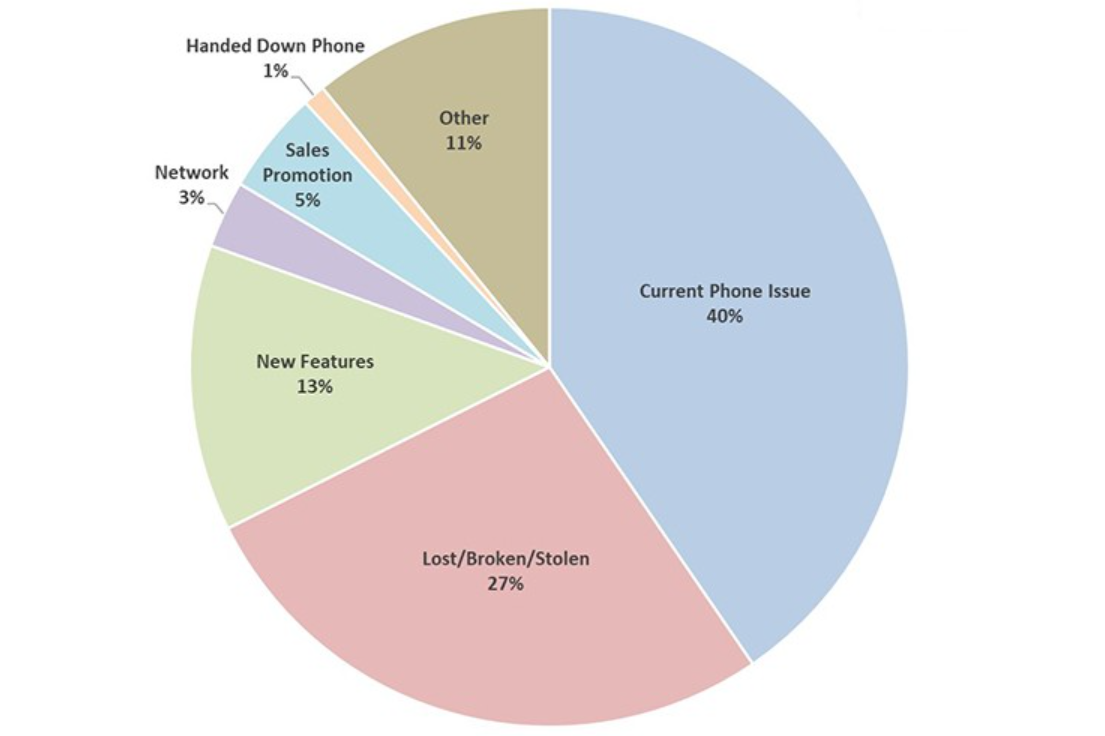
New feature? Nice to have, but not… okay too.
Contrary to popular belief, seemingly “highlight” features like:
- Better camera
- Smoother screen
- Artificial Intelligence (AI) Integration
- More powerful processor
… is not the main reason users upgrade.
CIRP says only 13% of users actually choose a new iPhone because they want a better camera or screen. Even fewer are enticed by carrier promotions, at less than 10%.
Obviously, if there are no problems with the old device, many people are willing to continue using their “old” iPhone for a few more years. This explains why older iPhone lines (like iPhone 11, 12, even XR) still have a large number of users worldwide.
2. AI is still not convincing enough for iPhone users
At WWDC 2025, Apple launched Apple Intelligence, the first AI platform deeply integrated into iOS, iPadOS and macOS. Features such as text rewriting, content summarization, AI image creation or integrating ChatGPT into Siri are considered the company's new steps in the AI race.
However, according to CIRP's report, AI is not currently a factor that motivates users to upgrade their iPhones. Most users view AI features as an additional utility, not a core need.
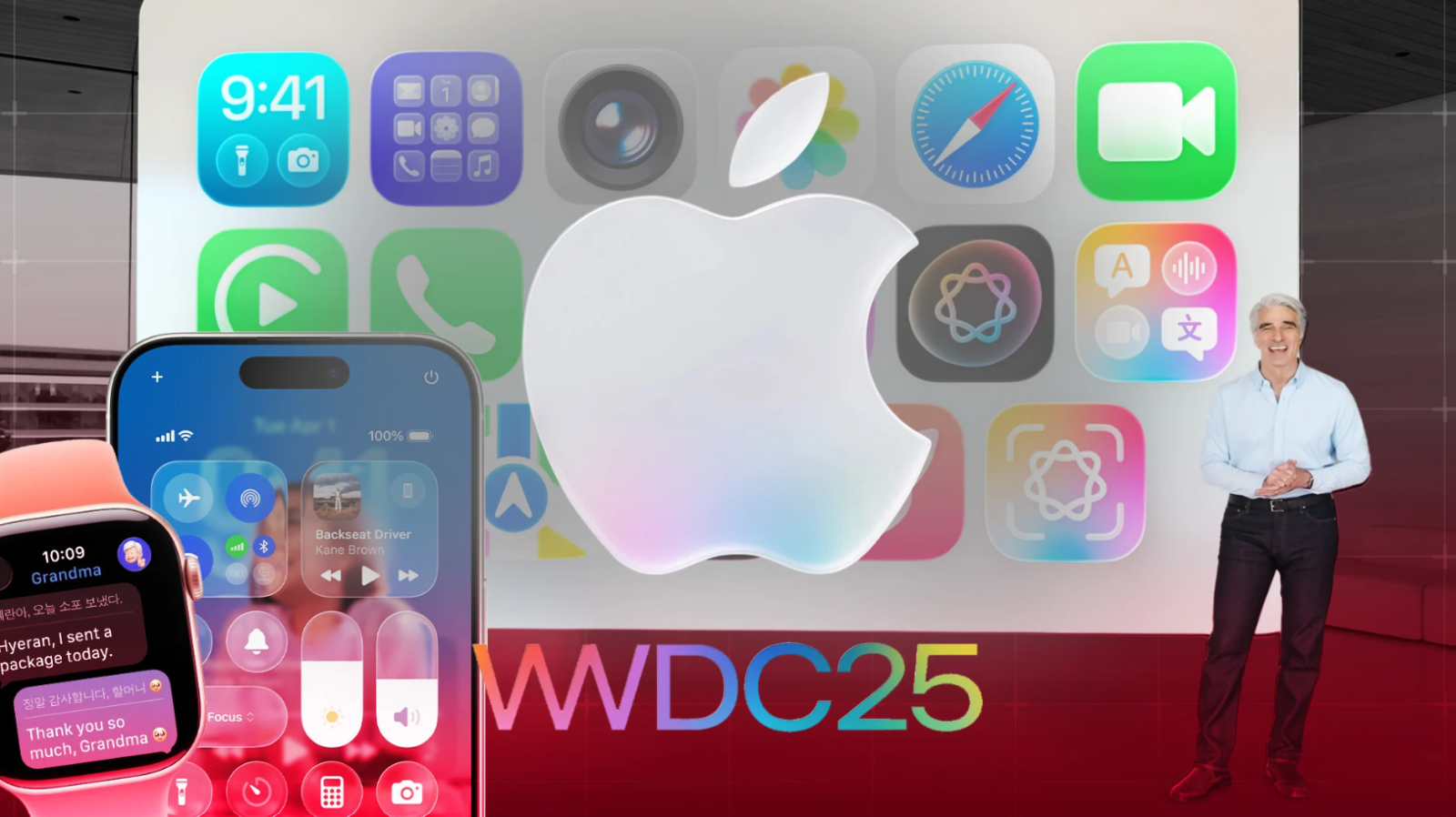
The main reasons are:
- The AI feature is still too "light", not affecting the daily usage experience much.
- Hardware Limitations: Apple Intelligence is Only Available on iPhone 15 Pro and Pro Max, Leaving Older Users Out of the Way
- Not yet clearly differentiated from other popular AI tools like ChatGPT or Gemini
Currently, Apple’s AI is still just a “nice to have” feature, not enough to become a “must-have” for users to spend money to upgrade. To change that, Apple needs to make AI truly useful, accessible, and solve practical needs in daily life.
3. When user habits change
In the past, the average iPhone upgrade cycle was 2–3 years. Today, that number has increased to 4–5 years or even many people use their old iPhones until they break before replacing them.
Main reasons:
- iPhone is more durable, high performance, long-term software updates
- Prices increase sharply, Pro Max models can exceed 50 million VND
- Consumers are more cautious after the epidemic, prioritizing long-term use value
At the same time, the differences between new generations of iPhones are no longer obvious, making upgrading no longer feel "worth the money".
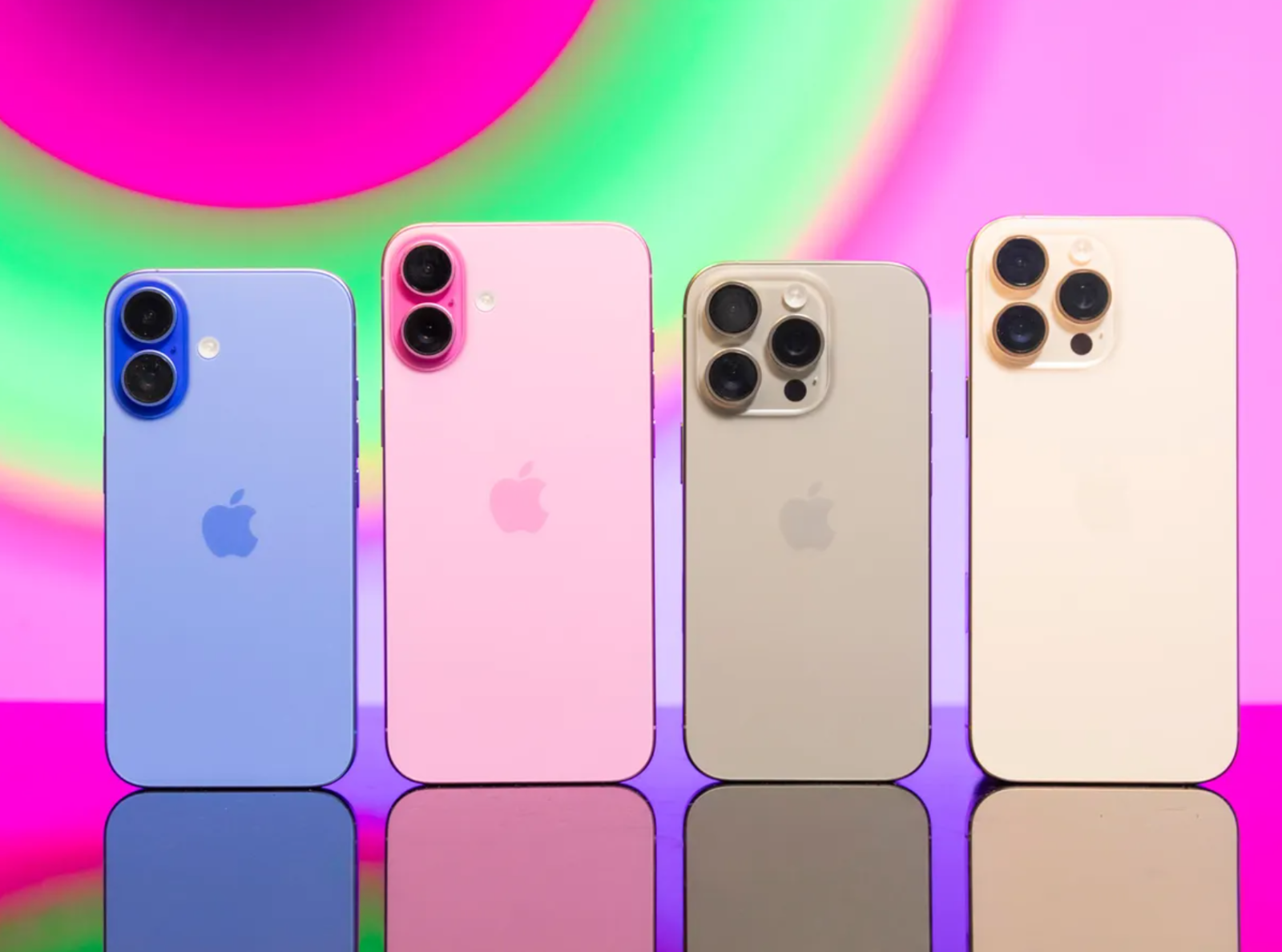
This is a big challenge for Apple: how to create a compelling reason for users to upgrade, when the old device still works fine?
Clearly, small upgrades to the camera or performance are no longer enough. Apple needs a clear breakthrough: in design, AI or new experiences if it wants to change the current stagnant consumer trends.
4. “Secret Weapon” for the New Upgrade Cycle
Foldable phones have become a thing in recent years. Samsung, Huawei, Oppo, and Xiaomi have all introduced foldable smartphones to the market and have gradually improved them over each generation. Meanwhile, Apple has remained completely silent. However, according to many experts, this silence is a deliberate strategy.
Apple doesn’t follow trends. It only enters the market when the technology is truly ready to create a breakthrough product that is both stable and different and exceeds user expectations. This happened with the first iPhone, and it could happen again with the foldable iPhone, rumored to appear in 2026 or 2027.
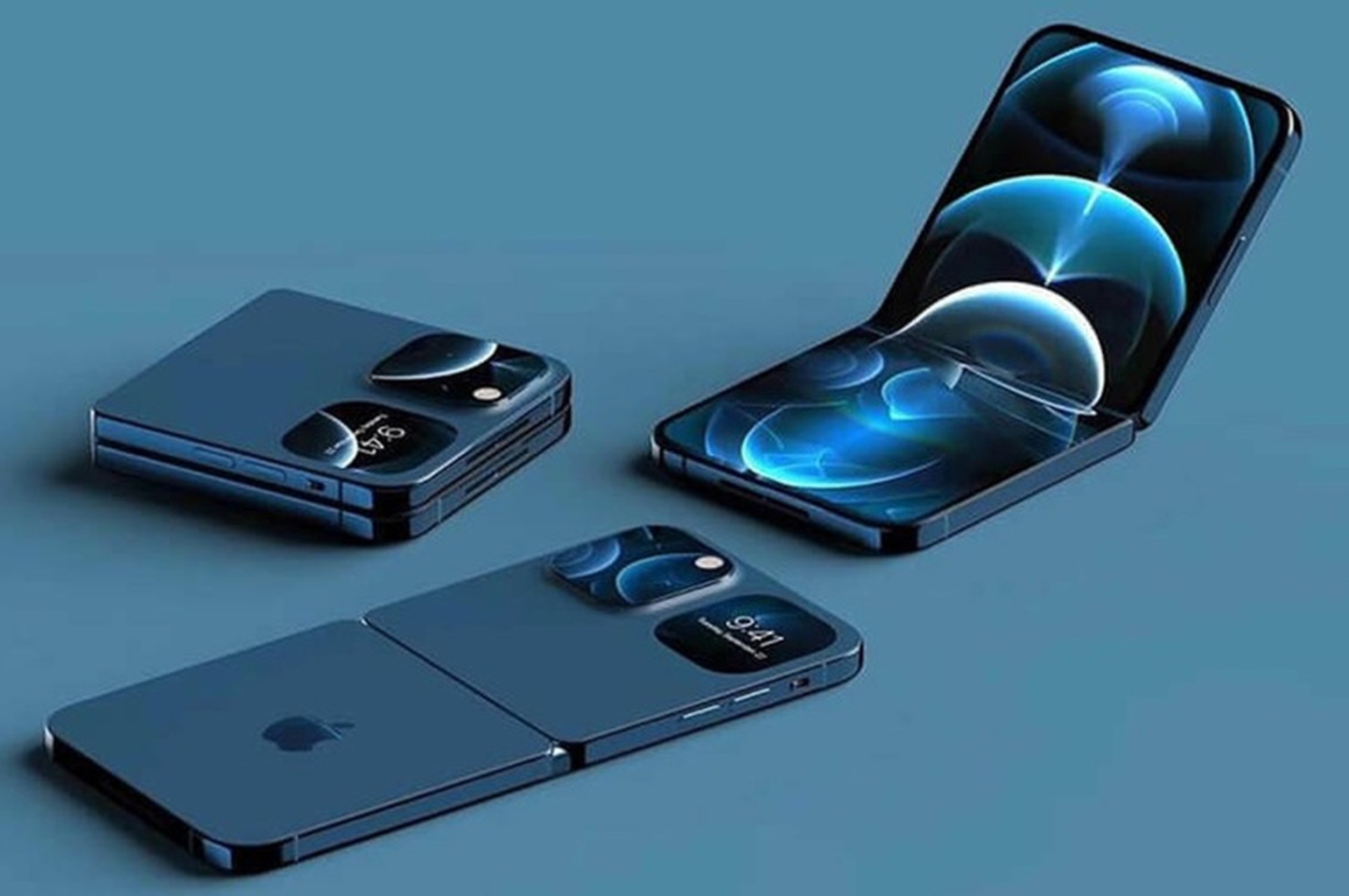
If launched, the foldable iPhone will likely have:
- Premium, streamlined and durable design, without the “experimental” feel of current Android devices
- The screen folds and opens seamlessly, without obvious creases, without reducing display quality.
- Integrating AI at a deep level, supporting users to multitask and flexibly switch usage states between “iPhone – iPad – MacBook” in one device.
More importantly, the foldable iPhone won’t be just an update, but a whole new experience. Users won’t upgrade because their old device is faulty, but because they want to fundamentally change the way they use smartphones: lighter, more versatile, and more interactive.
This is exactly what Apple needs to break market saturation and kick off a new “super upgrade cycle,” similar to the revolution the first iPhone created in 2007.
5. “Exposing” the real reason why users buy new iPhones
In the early days of the smartphone era, each new iPhone offered a clear difference: more powerful, faster, better camera. But now, the upgrades are becoming less noticeable in everyday experiences. People no longer buy phones just because they’re “new.”
A report from CIRP has pointed out a remarkable fact: the majority of iPhone users upgrade for “forced” reasons such as old devices being damaged, having low batteries, or losing their devices, not because they are attracted by new features.

Current iPhone performance is already too strong with A-series chips, even older models still handle most tasks well.
Cameras have reached the threshold of “good enough,” making it difficult to make dramatic leaps between generations.
New features often don't really make a difference or make a noticeable difference, especially to the average user.
Consumers are becoming more practical. They want real value, not flashy specs or subtle improvements that are hard to perceive.
In the past, Apple’s success was partly due to its storytelling ability, with each product “wrapped” in a compelling story about the experience. But in today’s market, simply promoting with keywords like “more powerful”, “smoother”, “more AI” is not enough.
Apple needs:
- Redefining user experience: not just better, but completely different
- Convince with real-world usage scenarios, not just demo videos or benchmarks
- Evoke emotion and excitement, rather than appeal to FOMO
Once users wake up, loyalty is no longer enough. Apple must reinvent itself both in terms of product development and customer communication if it wants to continue to maintain its leadership position in the mobile world.
CIRP’s numbers make it clear: the majority of iPhone users upgrade not because they’re passionate about technology, but because their old phones are “outdated.” This doesn’t mean Apple has failed, but rather reflects its success in creating durable and reliable devices. But it’s also a wake-up call: Without creating real differentiation, Apple will have a hard time retaining users in the post-smartphone era.









































